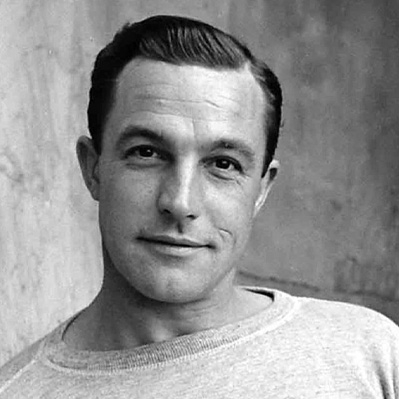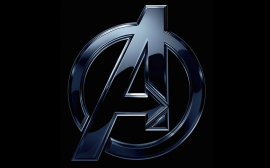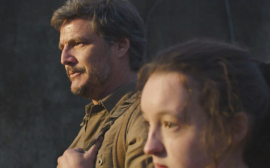Eugene Curran Kelly was an American dancer, actor, singer, director and choreographer. He was known for his energetic and athletic dancing style and sought to create a new form of American dance accessible to the general public, which he called "dance for the common man". He starred in, choreographed, and, with Stanley Donen, co-directed some of the most well-regarded musical films of the 1940s and 1950s.
Kelly is best known for his performances in An American in Paris (1951), which won the Academy Award for Best Picture, Singin' in the Rain (1952), which he and Donen directed and choreographed, and other musical films of that era such as Cover Girl (1944) and Anchors Aweigh (1945), for which he was nominated for an Academy Award for Best Actor. On the Town (1949), which he co-directed with Donen, was his directorial debut. Later in the 1950s, as musicals waned in popularity, he starred in Brigadoon (1954) and It's Always Fair Weather (1955), the last film he directed with Donen. His solo directorial debut was Invitation to the Dance (1956), one of the last MGM musicals, which was a commercial failure.
Kelly made his film debut in For Me and My Gal (1942) with Judy Garland, with whom he also appeared in The Pirate (1948) and Summer Stock (1950). He also appeared in the dramas Black Hand (1950) and Inherit the Wind (1960),[4] for which he received critical praise.
He continued as a director in the 1960s, with his credits including A Guide for the Married Man (1967) and Hello, Dolly! (1969),[5][6][7] which received an Oscar nomination for Best Picture.[8][9] He co-hosted and appeared in Ziegfeld Follies (1946), That's Entertainment! (1974), That's Entertainment, Part II (1976), That's Dancing! (1985), and That's Entertainment, Part III (1994).
His many innovations transformed the Hollywood musical, and he is credited with almost single-handedly making the ballet form commercially acceptable to film audiences.[10] According to dance and art historian Beth Genné, working with his co-director Donen in Singin' in the Rain and in films with director Vincent Minnelli, "Kelly ... fundamentally affected the way movies are made and the way we look at them. And he did it with a dancer's eye and from a dancer's perspective."[2] Kelly received an Academy Honorary Award in 1952 for his career achievements; the same year, An American in Paris won six Academy Awards, including Best Picture. He later received lifetime achievement awards in the Kennedy Center Honors (1982) and from the Screen Actors Guild and American Film Institute. In 1999, the American Film Institute also ranked him as the 15th greatest male screen legend of Classic Hollywood Cinema.
















































